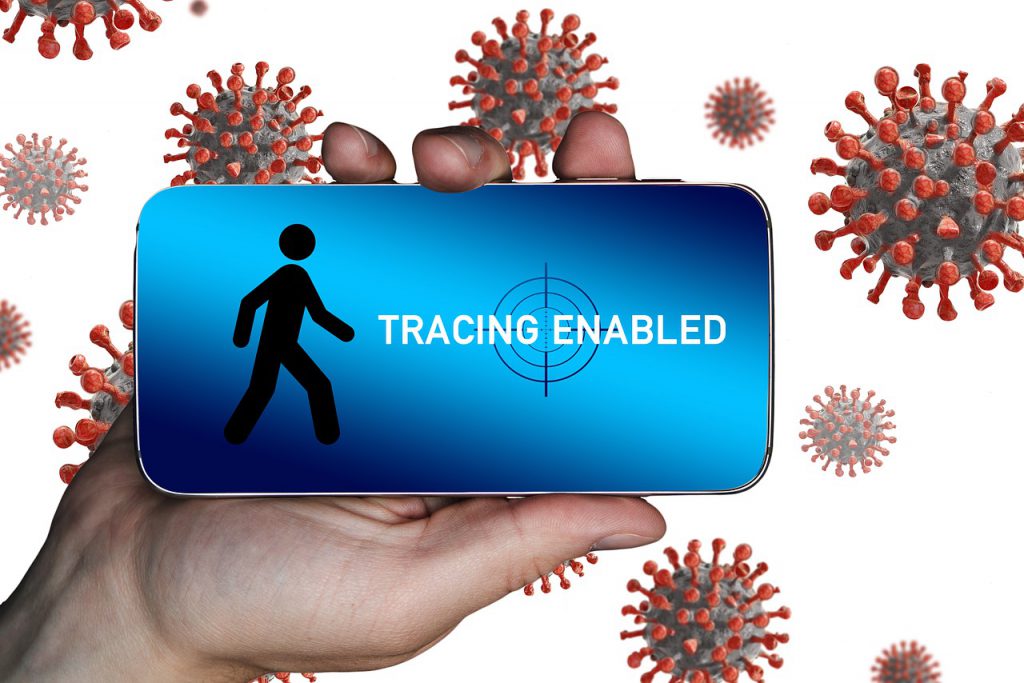The current pandemic engages the full spectrum of human rights. Despite COVID-19, States have an obligation to fulfil the rights to health and life of their populations. To do so, many are now dusting contact-tracing apps off the shelves. In the context of COVID-19, such apps can help “identifying, assessing and managing people who have been exposed to a disease” in order to “limit the spread of the virus and interrupt ongoing transmission”. Their use however raises significant concerns.
In a scramble to stem the flow of new cases of COVID-19, governments are rushing to track the locations of their populations. In France, Italy, Germany and Turkey, States are disregarding citizens’ privacy under the cover provided by newly adopted “emergency sanitary states”. In Israel, an emergency law now allows mobile data to be used to trace COVID patients. Network data from mobile phones creates granular, real-time targeting opportunities, which can be used by governments to enforce draconian quarantine measures. The Israeli government has requested the possibility to use intelligence services to help tracing. The request has not yet been approved. This excessive compromise of privacy is a gateway towards undermining other rights, such as freedom of movement, expression, and association.
Not only could such apps introduce an unprecedented level of surveillance but through mission creep and slow normalisation, they may prevent a “return to normal”. Who can now assure that such technologies could not be deployed in other areas of life long after the pandemic is controlled?
Governments should assess whether there are ways to combat the pandemic that are less intrusive on rights. These could include proven containment methods such as manual contact tracing, expanding access to accurate testing and treatment and allowing input from civil society. Such non-technological solutions would also help bridge issues that will eventually arise: the technological divide or unreliable access to the internet will further disadvantage already marginalised groups.
There are serious questions as to whether the use of tracing apps can meet the international human rights standards of necessity and proportionality. In the absence of transparent and meaningful limits on collection, retention and use of data set up by the States, the use of contact-tracing apps paves the way to possible multiple violations of basic human rights. Their use by governments already used to enact intrusive mass-surveillance practices could magnify discrimination and repression.

